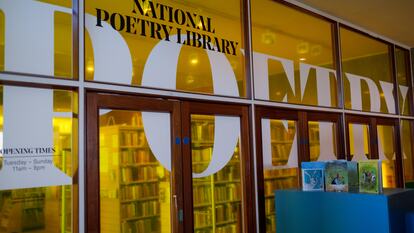Stay in the loop and register for email updates about events, competitions and all things poetry.

Stay in the loop and register for email updates about events, competitions and all things poetry.

Fragments: Poems, Intimate Notes, Letters / Marilyn Monroe (Farrar, Straus and Giroux, 2010)
In Fragments, Monroe’s own voice is given space to breathe, breaking free of the projections of celebrity and fame. Through her writing, we meet a woman who had a love for literature and Freudian theory, deep concerns for her future as a woman in 1950s America, and witness her hopes for achieving her artistic goals. Through these poems and letters, everyday lists and empty pages, the reader is allowed into the private construction of the Monroe ideology, looking at how psychoanalysis, art and patriarchal violence combined to create the superstar, the artist, and the woman she'd always wanted to be.
–Chosen by Troy Cabida
Objects from April and May / Zena Agha (Hajar Press, 2022)
Founded in 2020, Hajar Press is an independent publisher aiming to produce “beautiful and revolutionary” new work by writers of colour. Objects from April and May dwells in the slippery space between creative non-fiction and poetry. This is a book about lost things, retracing your steps, and the perpetual feeling of being uprooted. Agha’s voice is candid, intimate, sharp and dreamlike at the same time, rooted in tactile and sensual detail. A collection of lost talismans lie at the book’s centre: a heart-shaped charm, a blue eye, a gold turtle, a safety pin. Through them, the poet forges something new out of what has been lost.
–Chosen by Nina Mingya Powles
Your Silence Will Not Protect You / Audre Lorde (Silver Press, 2017)
These speeches, essays and poems remind us of the power of words to speak our fears, confront injustice and bring about change. The most affecting moment for me was when Lorde described finding out that her death might be imminent. She had three weeks to organise her entire life, only to find the tumour she feared was benign. In that tortuous time, the things she regretted most were her silences. She could no longer wait in fear, hoping someone else would say the words she needed to. Asserting the importance of language and action, she asks us ‘What are the words you do not have yet?’
–Chosen by Emily Wood